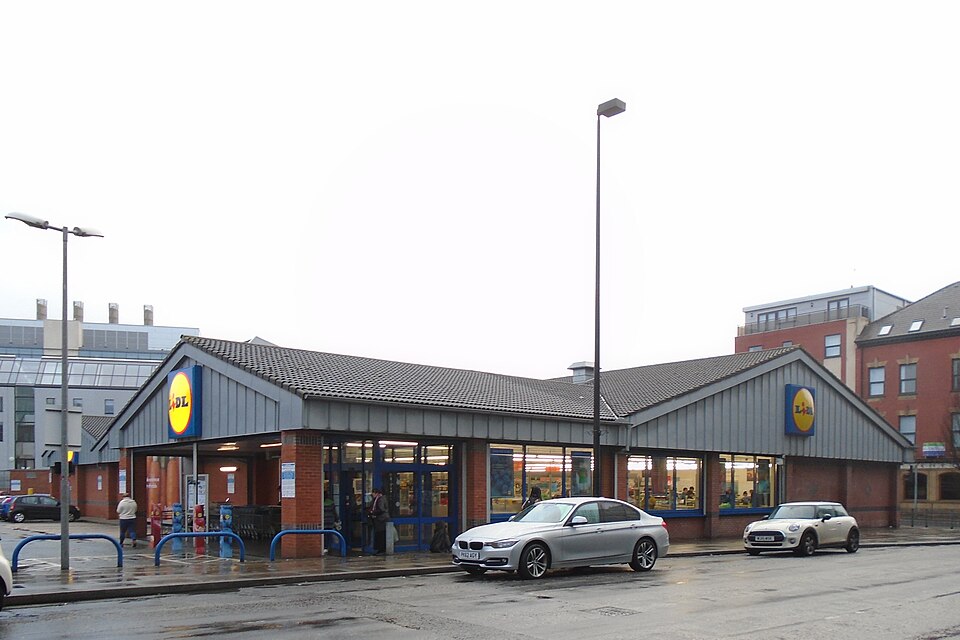
Lidl has been crowned the UK’s cheapest supermarket, according to the latest price analysis by consumer group Which?. A typical basket of 76 grocery and household items at Lidl cost an
average of £128 in July, narrowly beating Aldi, where the same basket came in at £129.25 — just £1.25 more.
Aldi had held the title of the cheapest supermarket for 20 consecutive months until now.
Shoppers at Lidl saved a significant £47.91 compared to those at Waitrose, the priciest retailer, where the same basket totalled £170.91.
Other supermarkets saw the following average prices for the 76-item basket:
- Asda: £139.53
- Tesco (with Clubcard): £141.92
- Sainsbury’s (with Nectar card): £144.21
- Morrisons (with More card): £146.91
- Ocado: £159.20
Which? included both branded and own-label products in its price comparison, covering essentials like Birds Eye Peas, Hovis bread, milk, and butter. While special offers and loyalty card discounts were factored in, multibuy deals were excluded.
For larger grocery shops, Asda emerged as the best value for a trolley of 192 items, costing £474.12. Tesco followed at £481.59, about £8 more expensive. Asda’s return to “rollback” pricing, with over 4,000 products discounted by an average of 25%, contributed to its competitive pricing.
Waitrose remained the most expensive option for larger trolleys, with the same shop costing £538.33 — a £64.21 difference compared to Asda.
Reena Sewraz, retail editor at Which?, commented: “Lidl has reclaimed its spot as the UK's cheapest supermarket, proving it can undercut Aldi even without loyalty schemes. Meanwhile, Asda continues to dominate for larger trolley shops among non-discounters."
As food prices continue to rise, Sewraz emphasized that shopping around could save households as much as 25%.
Data from the British Retail Consortium (BRC) highlighted that UK grocery bills are still climbing. Food price inflation reached 4% in July, up from 3.7% in June. The increase was mainly driven by higher costs of meat and tea, resulting from tighter global supplies. Ambient food prices surged by 5.1%, while fresh food inflation held steady at 3.2%.
Overall shop price inflation rose to 0.7% in July, more than doubling June’s 0.4%, and well above the three-month average of 0.3%.
Photo by Rodhullandemu, Wikimedia commons.




































